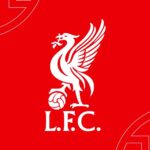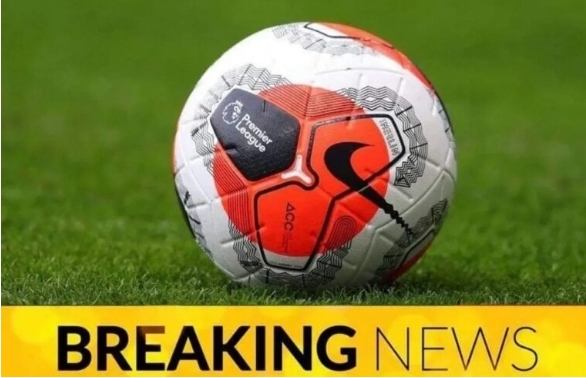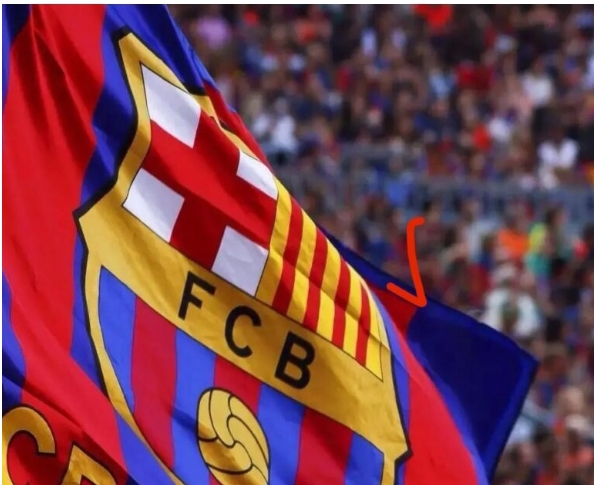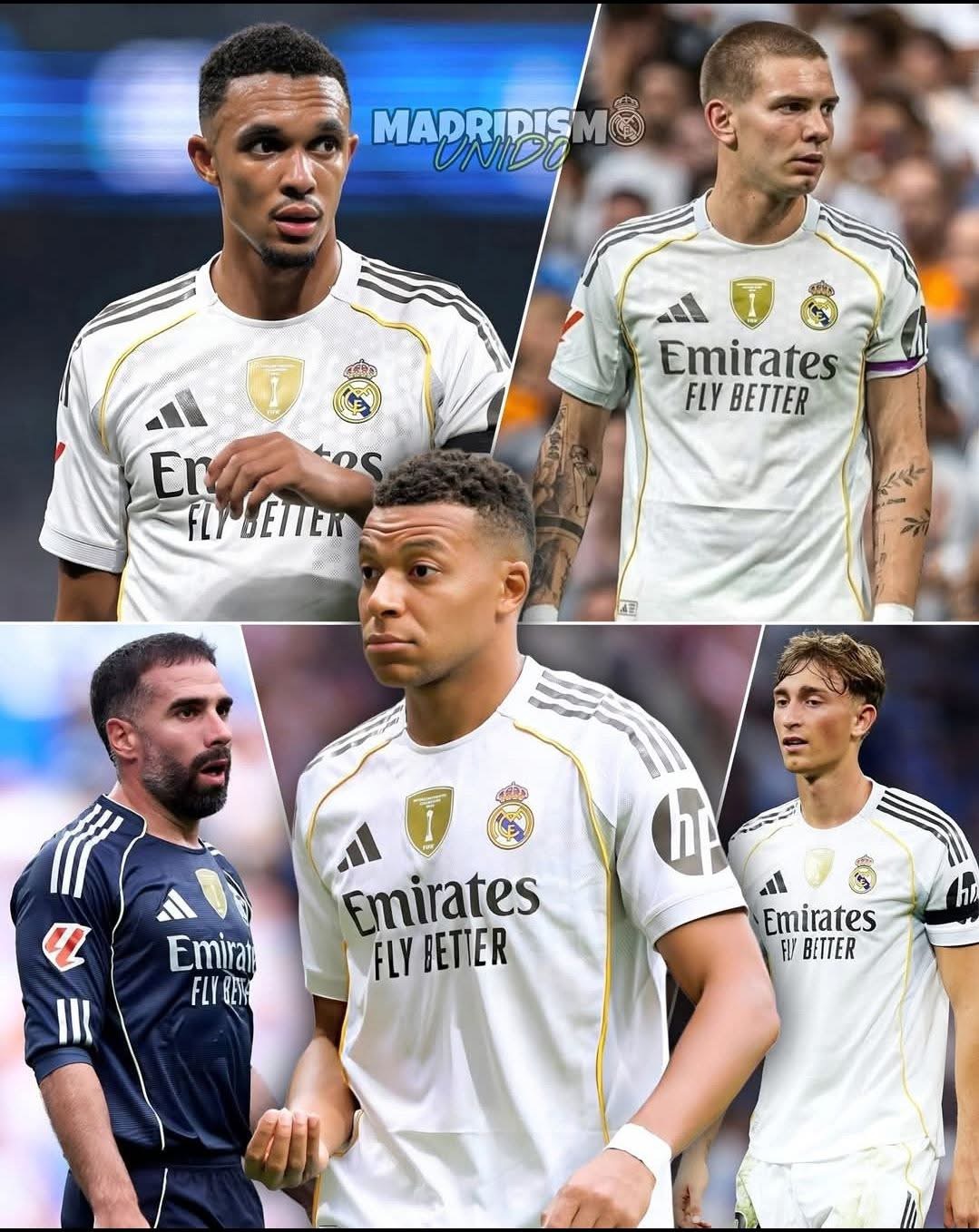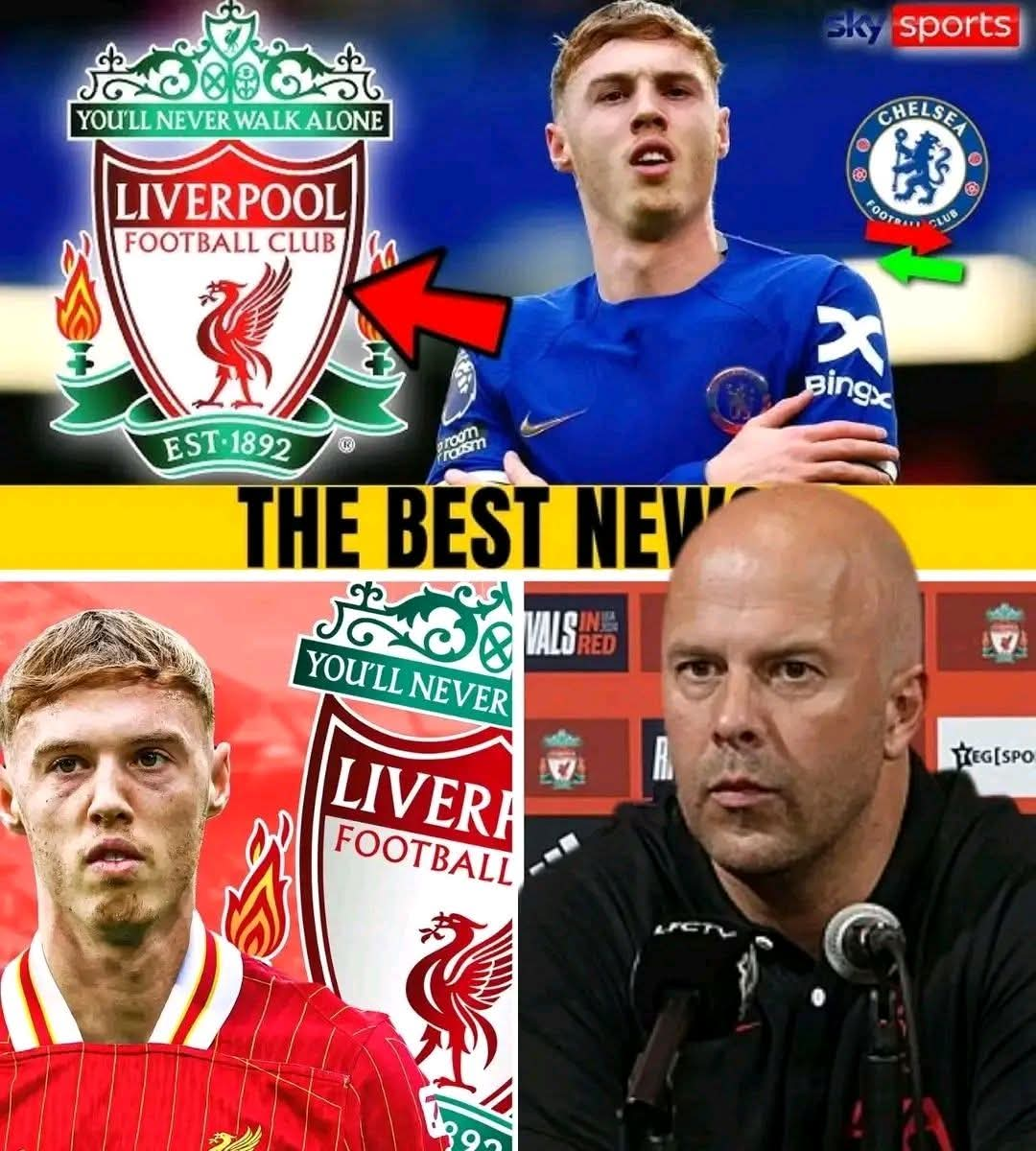As one of the season’s most pivotal clashes approaches, the atmosphere surrounding FC Barcelona is electric—charged with anticipation, hope, and a deepening sense of injustice.
In recent weeks, the Catalan giants have faced not only fierce opposition on the field but a whirlwind of controversy off it. Questionable refereeing decisions and provocations from rivals like Kylian Mbappé have only added fuel to the fire, leaving Barça in a constant fight on multiple fronts.
Central to the unrest is UEFA’s decision to appoint Simon Marsic as referee for the Champions League semi-final against Inter Milan. For many Barça fans, Marsic’s name stirs unease. His history in games involving the Blaugrana—coupled with alleged bias favoring other clubs—has left supporters wary. Disallowed goals, missed penalty calls, and recurring patterns have sparked suspicions of more than just poor officiating.
This raises a pressing question: is Barcelona up against more than just their rivals? Is there a system working against them?
These concerns aren’t abstract—they’re seen in real-time. Harsh calls against players like Ronald Araújo and Gavi contrast sharply with the leniency often granted to stars such as Jude Bellingham. The inconsistency is too glaring to ignore.
And yet, despite the doubts, Barcelona’s resolve is strengthening.
The phrase “I believe” has become a rallying cry across social media, resonating with fans everywhere. It’s not naive optimism—it’s a show of resistance. A symbol of unity and determination.
The timely return of Robert Lewandowski, even while managing a leg issue, is a major boost. His presence and leadership will be vital against Inter. With Gavi returning to full training and rising stars like Fermín López and Lamine Yamal stepping up, the squad exudes quiet confidence.
In a bold tactical decision, coach Hansi Flick will continue with Wojciech Szczęsny in goal, despite Marc-André ter Stegen’s recovery. It’s a choice that underscores Flick’s decisive nature—prioritizing form over reputation.
But the challenges don’t stop there. Just days after the semi-final, Barcelona will face Real Madrid at Monjik in a clásico that could shape the domestic title race. The stakes couldn’t be higher.
Nor could the scrutiny.
Marsic’s assignment has reopened old wounds. His past—marked by controversial decisions that often benefited Madrid—has reignited debate over whether Barcelona is being treated fairly.
Still, while outside pressures mount, the team has shown resilience and unity.
Even longtime rivals like Toni Kroos have praised Pedri, the creative engine of Barça’s midfield, whose composure and intelligence signal the future of the game. Ferran Torres, too, has proven his value, displaying poise and reliability under pressure.
Off the pitch, the club continues to evolve. While Nico Williams remains a top target, Ademola Lookman has emerged as a serious, dynamic alternative. Quietly, and wisely, Barcelona is rebuilding.
But this moment transcends transfer talk and tactical tweaks.
It’s about pride. About defending a legacy. About standing firm in a game often marred by politics and agendas.
Mbappé’s recent taunts are telling—meant to provoke. But Barça’s calm response speaks volumes. Their answer will come where it matters most: on the pitch.
This team, hardened by adversity, now moves forward with a blend of La Masia spirit and international grit. From Gavi to Lewandowski, Szczęsny to Yamal, they carry more than just sporting ambitions.
They carry the weight of a club unwilling to bow down.
As the world watches, Barcelona’s fight is about more than winning matches. It’s about justice, identity, and honoring the loyalty of fans who’ve endured chaos in the hope of a return to glory.
This isn’t just a semifinal. Or a clásico. It’s a defining moment in the ongoing story of a club reclaiming its soul



